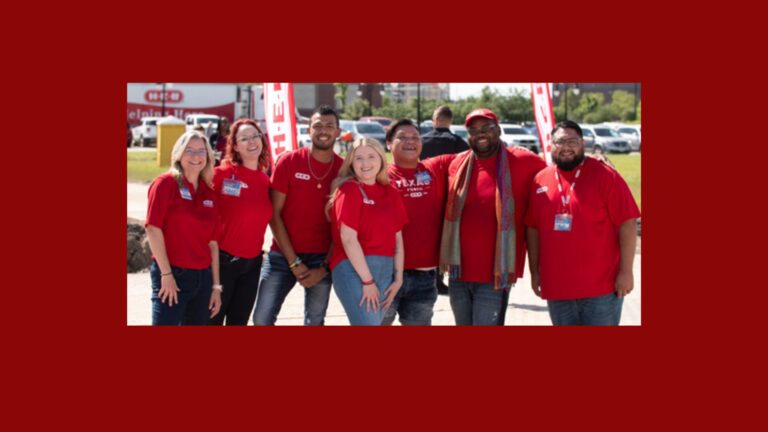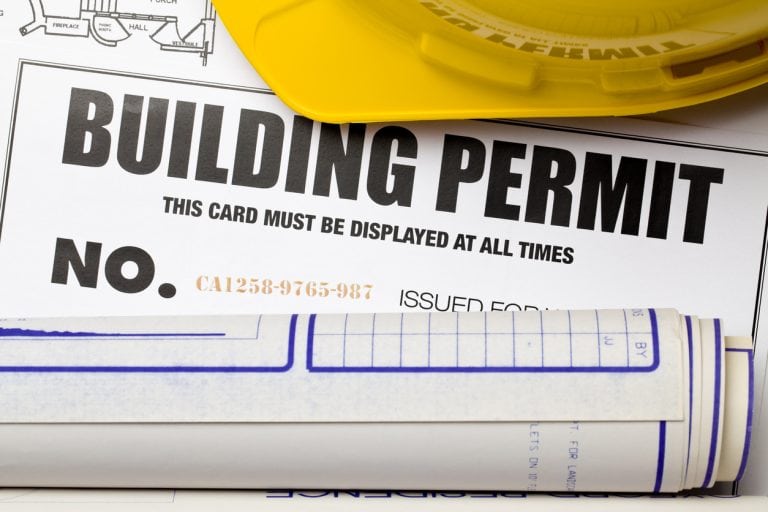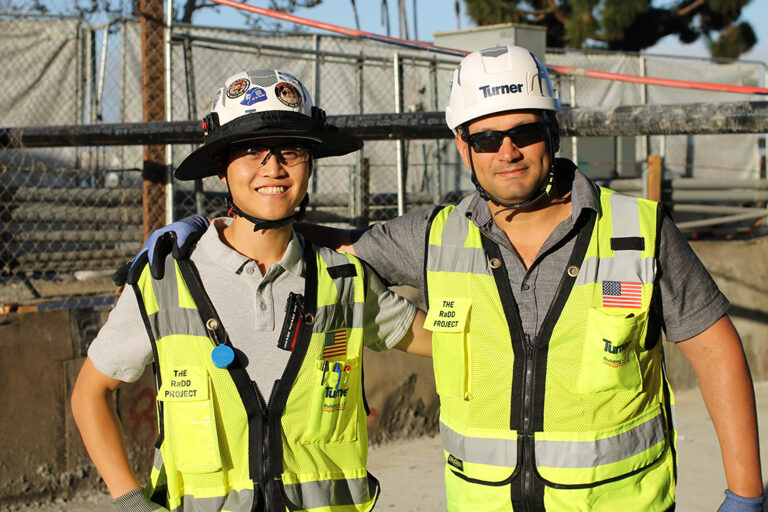
Selling your company’s services to prospective clients is challenging. While there’s a strong market for construction work and plenty of jobs to be won, competition is fierce and it can seem like owners are fixated on price. It’s understandably hard to balance your commitment to quality and your desire to innovate in an industry built on bidding wars.
But as projects become more complex and the industry shifts to digital tools, it’s increasingly possible to compete on more than just your bid numbers. The use of the latest construction technology and techniques offers a winning competitive advantage if you’re willing to invest in acquiring new skills.
Tech-Enabled Collaboration
As the popularity of alternative project delivery methods like integrated project delivery, design-build, or construction-manager-at-risk grows, more clients are prioritizing their need for transparency, accountability, and efficiency. Demonstrating a commitment to process optimization is attractive to owners that are looking to run their projects smoothly and with less conflict than in the past. Taking this commitment one step further, the use of digital collaboration tools enables owners to have the same visibility into project information as the project team. When owners can see how the project is progressing in full detail, they’re more likely to voice concerns early if they see that something isn’t aligning with their expectations, minimizing rework down the road.
This enhanced collaboration and visibility improves the working relationship by increasing trust, as well as the chance that the owner will view the overall project as a positive experience. If an owner knows that projects you undertake offer them more transparency compared to your competition, they’re likely to feel more comfortable working with you.
In addition to greater transparency, owners will gravitate toward contractors with a reputation for reliability. Using digital tools to offer clients full visibility into project deadlines and progress conveys your confidence in your team’s ability to deliver work on time. If something isn’t completed as planned, these tools also make it easy to provide an explanation and an update to the project plan.
Measurable Progress
Naturally, this amounts to nothing if the work you deliver doesn’t match or exceed expectations. By holding your teams accountable through instant, real-time insight into your project, you can identify any potential issues while there’s still time to correct them. As you hone your team’s project delivery and experiment with process optimization, your projects will run more smoothly, enabling you to complete them on or ahead of schedule.
Keep in mind that the purpose isn’t simply to meet an efficiency goal and then plateau. The goal is continuous improvement, meaning that if you put in the time and commit to getting the most out of new technologies and processes, you’ll continue to see improvements through cross-project learning and access to data you wouldn’t otherwise have had. As more of your projects finish ahead, you’ll be able to take on more work than you previously could have, boosting profits.
Remember that finishing on time or early doesn’t only benefit contractors; time is money for owners, too. The sooner their projects are completed, the better it is for their business. If you save them money on one project, chances are they’ll award you future work.
The End of Underbidding
Differentiating your company from the competition shouldn’t require you to drastically lower your prices or spend a fortune on marketing and trade shows. With a strategic investment in processes and technology to drive efficiency and reduce risk for your business and your clients, you’ll more than stand out from the competition.
Source: Construction Dive







